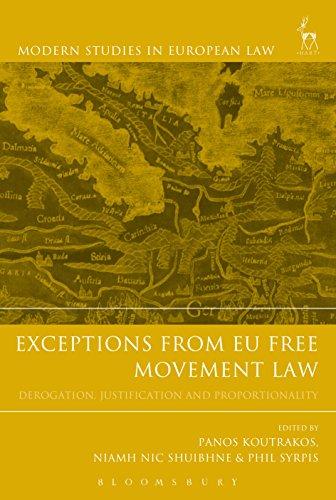Question
1.One theory of law is only concerned with whether a law has been validly passed by a competent authority.This theory of law does not consider
1.One theory of law is only concerned with whether a law has been validly passed by a competent authority.This theory of law does not consider morality of the law.This theory of law is called:
A.Natural law.
B.Positive law.
C.Legal Realism.
D.Feminist Theory.
2.Why was the Bill of Rights in Canada largely ineffective as a piece of human rights legislation?
A.The Bill of Rights in Canada was largely ineffective because it was not part of the Constitution.
B.The Bill of Rights in Canada was very effective as a piece of human rights legislation.
C.The Bill of Rights in Canada was largely ineffective because it was worded badly.
D.None of the above.
3.What major event happened in the Canadian legal system in 1982?
A.Repatriated the constitution.
B.Canadian Charter of Rights and Freedoms became part of the constitution.
C.The existing aboriginal and treaty rights of the aboriginal peoples of Canada were recognized and affirmed in section 35 of the Constitution Act 1982.
D.All of the above.
4.Assume that the owner of a restaurant has hired his father to be the bookkeeper.The owner had advertised the position and one of the applicants was a chartered accountant who uses a wheelchair.While the owner's father is a competent bookkeeper, the accountant is more qualified in terms of skills and experience.Under BC's Human Rights Code, would the accountant have reasonable grounds for brining a discrimination case against the owner?
A.Yes, the accountant can be successful with a discrimination case because you can't hire your family just because you feel like it.
B.Yes, the accountant can be successful with a discrimination case because the accountant is in a wheelchair and should get preferential treatment under the BC Human Rights Code.
C.No, the accountant cannot be successful with a discrimination case because you can hire your family if you feel like it.
D.No, the accountant cannot be successful with a discrimination case because the restaurant owner's father is old and should get preferential treatment under the BC Human Rights Code.
5.How do we decide what constitutes sexual harassment in Canadian law?
A.We look at the Charter of Rights and Freedoms definition of sexual harassment.
B.We look at a dictionary definition of sexual harassment.
C.We look at the case of Janzen v Platy Enterprises Ltd 1989 CanLII 97 (SCC) for the Supreme Court of Canada's definition of sexual harassment.
D.We look at our gut instinct for what is sexual harassment.
6.Where do you go to enforce your human rights if they are breached in Canada?
A.You go to the international tribunal for human rights.
B.If your Charter rights are being infringed you go to the BC Human Rights Commission.
C.If your Charter right is being infringed you go to a court of law to enforce your Charter rights.
D.If your BC Human Rights Code rights are being infringed you go to a court of law to enforce your BC Human Rights Code rights.
7.When does an offer lapse?
A.When the Offeree fails to accept by a deadline.
B.When the Offeree fails to accept within a reasonable time if there is no deadline.
C.When a party dies, becomes mentally incompetent or otherwise looses the capacity to make contracts prior to acceptance.
D.All of the Above.
8.An "invitation to treat' means:
A.One person is inviting another person to make an offer.A menu is an example of an invitation to treat.
B.One person is inviting the government to treat them to a tax break.
C.One person has made a contract with another person.An online form that can be filled out with a complaint and submitted is an example of an invitation to treat.
D.None of the above.
9.When considering remedies for breach of contract you should always keep in mind:
A.Statutory limitation periods.
B.Necessity of loss.
C.A & B.
D.None of the above.
10.In contract law, if an offeror amends a term prior to acceptance then the change:
A.Can never be accepted.
B.Is automatically accepted.
C.Revokes the offer and the new proposal becomes a new offer.
D.Should be accepted immediately by the offeree or the offeree will be liable.
Step by Step Solution
There are 3 Steps involved in it
Step: 1

Get Instant Access to Expert-Tailored Solutions
See step-by-step solutions with expert insights and AI powered tools for academic success
Step: 2

Step: 3

Ace Your Homework with AI
Get the answers you need in no time with our AI-driven, step-by-step assistance
Get Started


